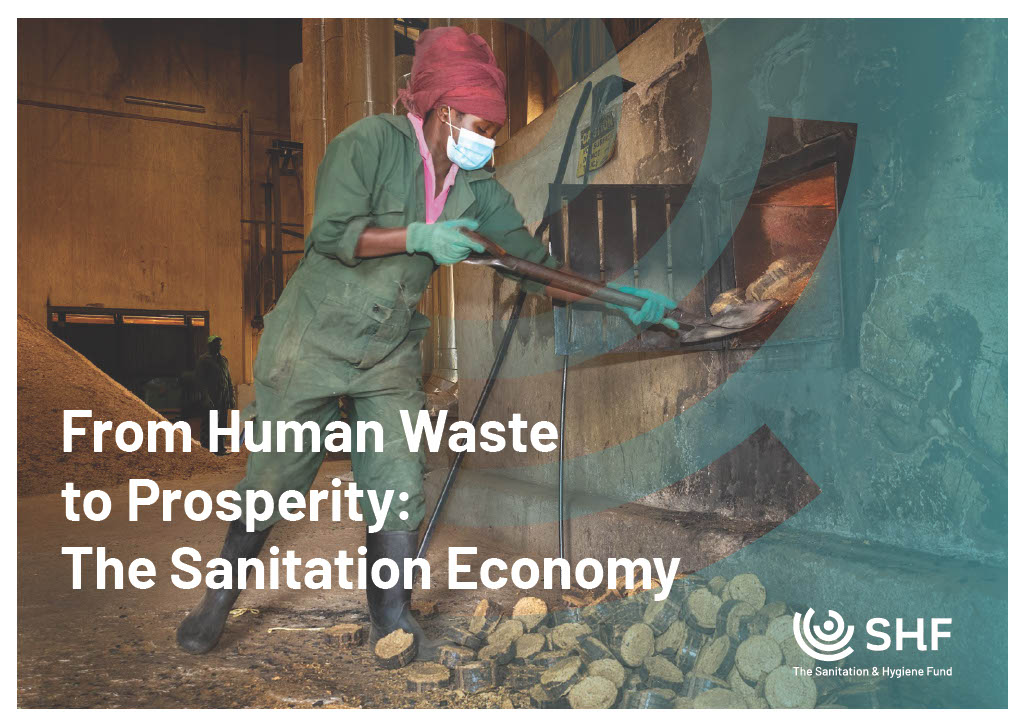
Untapped sanitation economies worth almost USD 19 billion in five African countries alone

Market assessments commissioned by the UN’s SHF confirm investment in national sanitation economies could unlock significant economic, social and environmental benefits
Human waste is awash with economic and social opportunities. ‘From Human Waste to Prosperity: The Sanitation Economy’ reveals that sanitation economies* - comprising the toilet economy, the circular sanitation economy, the smart sanitation economy - could unlock close to a potential USD 19 billion in economic gain, job creation, women’s empowerment and environmental protection by 2030 in Benin, Kenya, Nigeria, Sierra Leone and Uganda alone.

An ecosystem of sanitation and hygiene infrastructure, services and jobs, the sanitation economy marks a business response to the global sanitation and hygiene crisis. Investment in the sanitation economy can offer an important pathway to accelerate progress on SDG target 6.2 and other related SDGs on health, education, gender equity, economic growth and climate resilience.
According to estimates, under business as usual, achieving the 2030 SDG target 6.2 on universal access to safe, adequate and sustainable sanitation in Africa would require a 20-fold increase in rates of progress for safely managed sanitation services and a 42-fold increase for basic hygiene services. Through sanitation economy approaches however, estimates suggest that the cost of sanitation provision can be transformed from a cost of US$ 200 per person to a net value of US$ 10 per person.
Furthermore, a focus on the circular sanitation economy that ensures effective collection, transport, treatment and reuse of human waste can also deliver important results on climate and sustainability. Globally, faecal sludge (and poorly managed wastewater) is responsible for 2-6% of methane emissions and 1-3% of nitrous oxide emissions.
Working globally and with an initial footprint in Africa, SHF is mobilizing resources to develop and fund a pipeline of investable propositions to create sustainable sanitation economies in Low- and Middle- Income Countries. ‘From Human Waste to Prosperity: The Sanitation Economy’ has been commissioned as part of our work to develop and fund a pipeline of investable propositions to create sustainable sanitation economies, driving national targets and helping women gain greater economic hold.
The country-specific reports guide our ongoing Technical Assistance (TA) efforts in country and are available for reference via the links below:
—
* The Sanitation Economy is the growing economy of sanitation and hygiene products and services for all, including for the poorest and most vulnerable. It includes:
• products and services that provide safe toilet and handwashing access for all, whether public or private (Toilet Economy);
• systems that connect the biocycle, using multiple forms of biological waste, recovering nutrients and water, creating value-adding products such as renewable energy, organic fertilizers, proteins and more (Circular Sanitation Economy); and
• digitized sanitation and hygiene systems that optimize data for operating efficiencies, maintenance, plus consumer use and health information insights (Smart Sanitation Economy).



